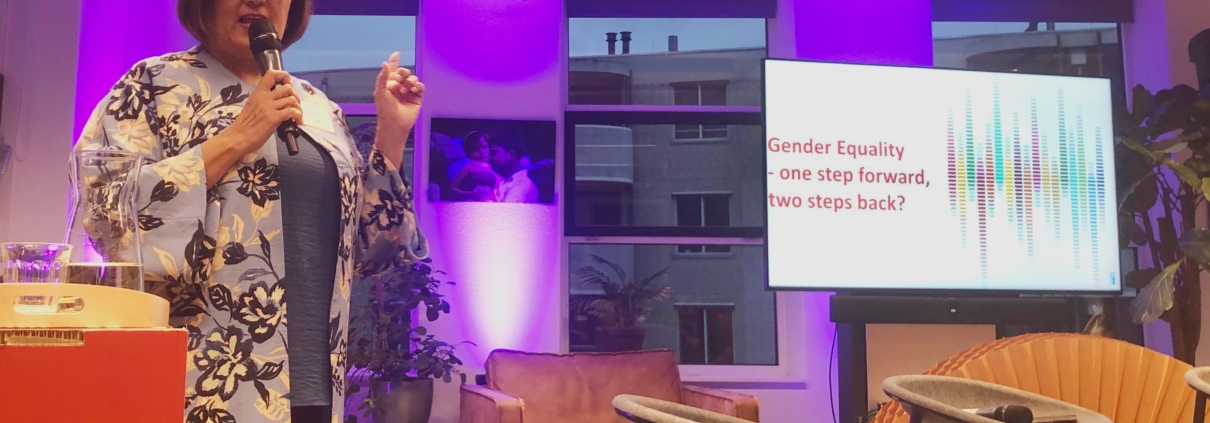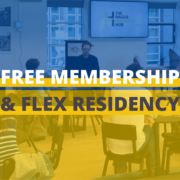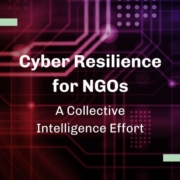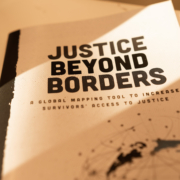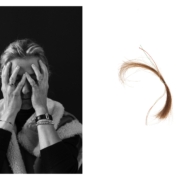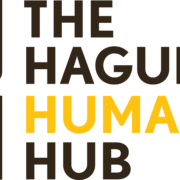Highlights and Peace and Justice-Related Insights from the peace&justice café: “Towards Gender Justice”
By Thomas Ansell
The Hague Humanity Hub welcomed over 200 professionals, academics, practitioners, and future professionals to The Hague and online for the sixth edition of the peace&justice café. This time, the theme for the café was “Towards Gender Justice”.
We’ll be highlighting several interesting, pogniant, and important insights raised by speakers, roundtable hosts, and participants in a two-part blog series to highlight the breadth of discussion at the leading cross-sectoral networking event series in The Hague. This first part of the series is dedicated to highlights from the discussions at roundabouts in and around subjects of peace and justice.
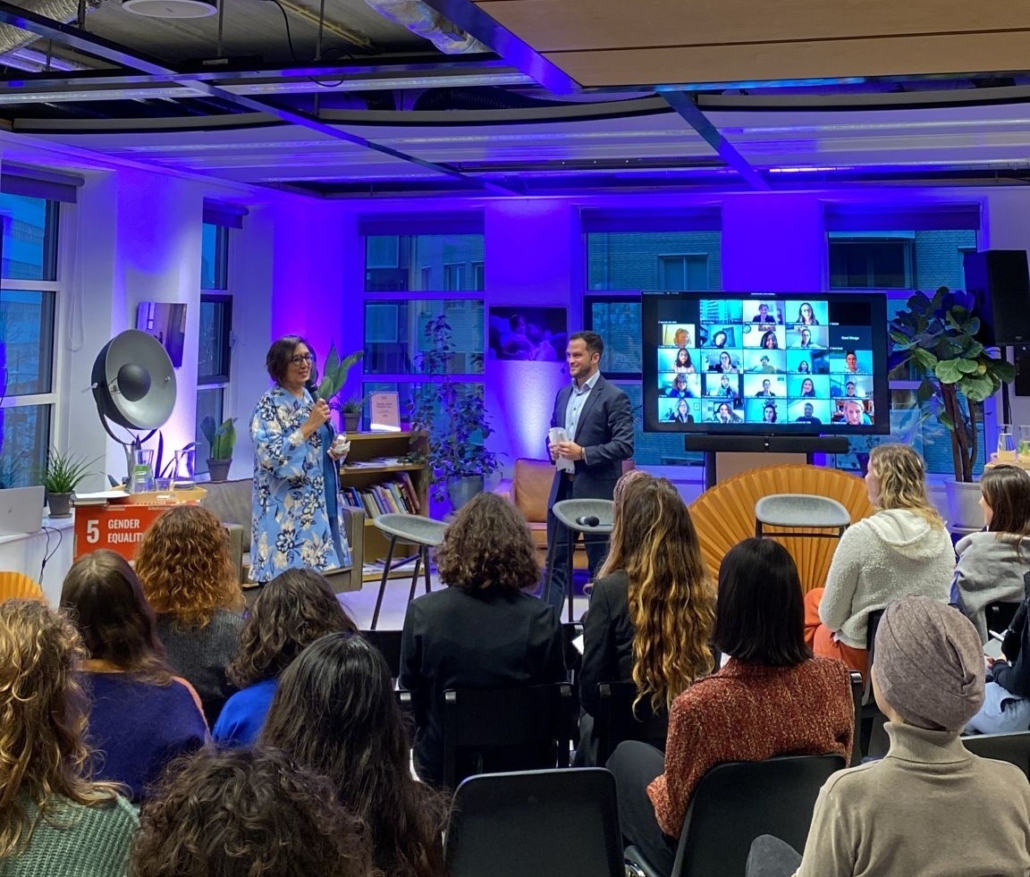
Women and girls in conflict-figures from UN Women Europe & Central Asia
According to UN statistics, presented at the peace&justice café by Nargis Azizova (Programme Specialist, UN Women), 44 million women and girls were forced to flee their homes due to conflict in 2021, and over 511 million women and girls are living in conflict-affected countries in 2022.
In general, added Azizova, it might take 248 years to achieve gender equality at the present rate of movement.
How can we improve the peacebuilding process through inclusion?
Laila Ait Baali (Director, WO=MEN) noted that the peacebuilding process needs to be made more human-centric, as well as inclusive: “we need to demilitarise peace building and take a human security approach”.
During the UN Women-led roundabout on ‘Translating WPS commitments to results – women’s solidarity and joint actions’, it was acknowledged that despite some important steps on building an inclusive agenda for peace, much work is still to be done: “sometimes we are participating in discussions, but our voices are not being acknowledged or decisions have already been made.”
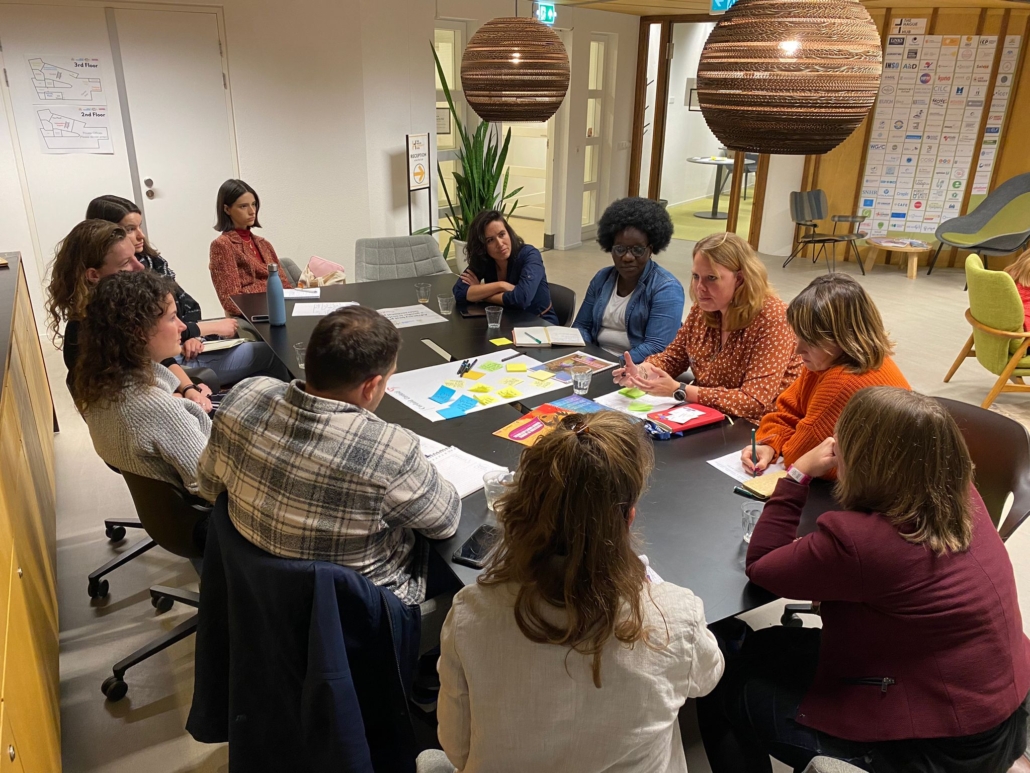
‘Militarised masculinity’
In the Dr. Denis Mukwege Foundation roundabout on ‘How is sexual violence being used as a weapon of war?’, attention was paid to active conflict. As participants heard, rape as a weapon of war is directed at one gender but affects more: “Generally when we think of conflict related sexual violence, we think of violence against women, but this is not the case – children and men are affected too.” The use of sexual violence in war also has significant long-term repercussions for post-conflict rebuilding and survivor’s needs, too: “Especially when rape is conducted with extreme violence, it can create long term physical damage as well as a rejection from societies.”
Conflict-related sexual violence
During the Impunity Watch roundabout on ‘Transforming militarised masculinities: A global responsibility’, masculinity as a shifting idea and one that has shifted been affected by militarisation. “Militarisation is a political process which leads to violence as a solution for social problems”, this has affected notions of masculinity to create ‘militarised masculinities.’ “Militarised masculinities are based on this idea that men can become real men through the army.”
As attendees heard, we shouldn’t assume that this militarisation is limited only to current conflict regions, either: “we can find examples in the Netherlands too where there’re heavily masculinised definitions of what it means to be a man”.
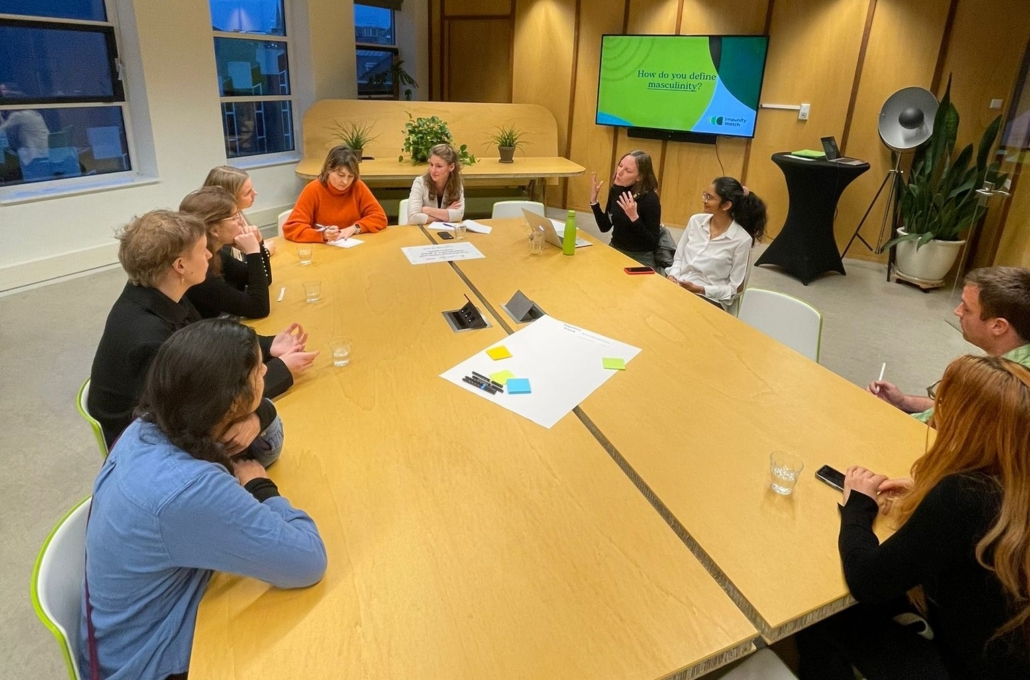
Power, gender, peace and justice
During Cordaid’s roundabout on ‘Advocacy best practices from a gender transformative and intersectional perspective’ the point was made that “to me, gender is about power – how power is allocated, who gets power”. A pertinent point to consider throughout the peace-building process, and in pursuit of making the world a more peaceful and just place.
The peace&justice café is made possible by the Municipality of The Hague, powered by The Hague Humanity Hub, and made hybrid by Holland Park Media. The next edition of the peace&justice café will take place in Spring 2023. Stay tuned to The Hague Humanity Hub’s social channels, website, and newsletter for the latest updates; as well as the second part of this series!

